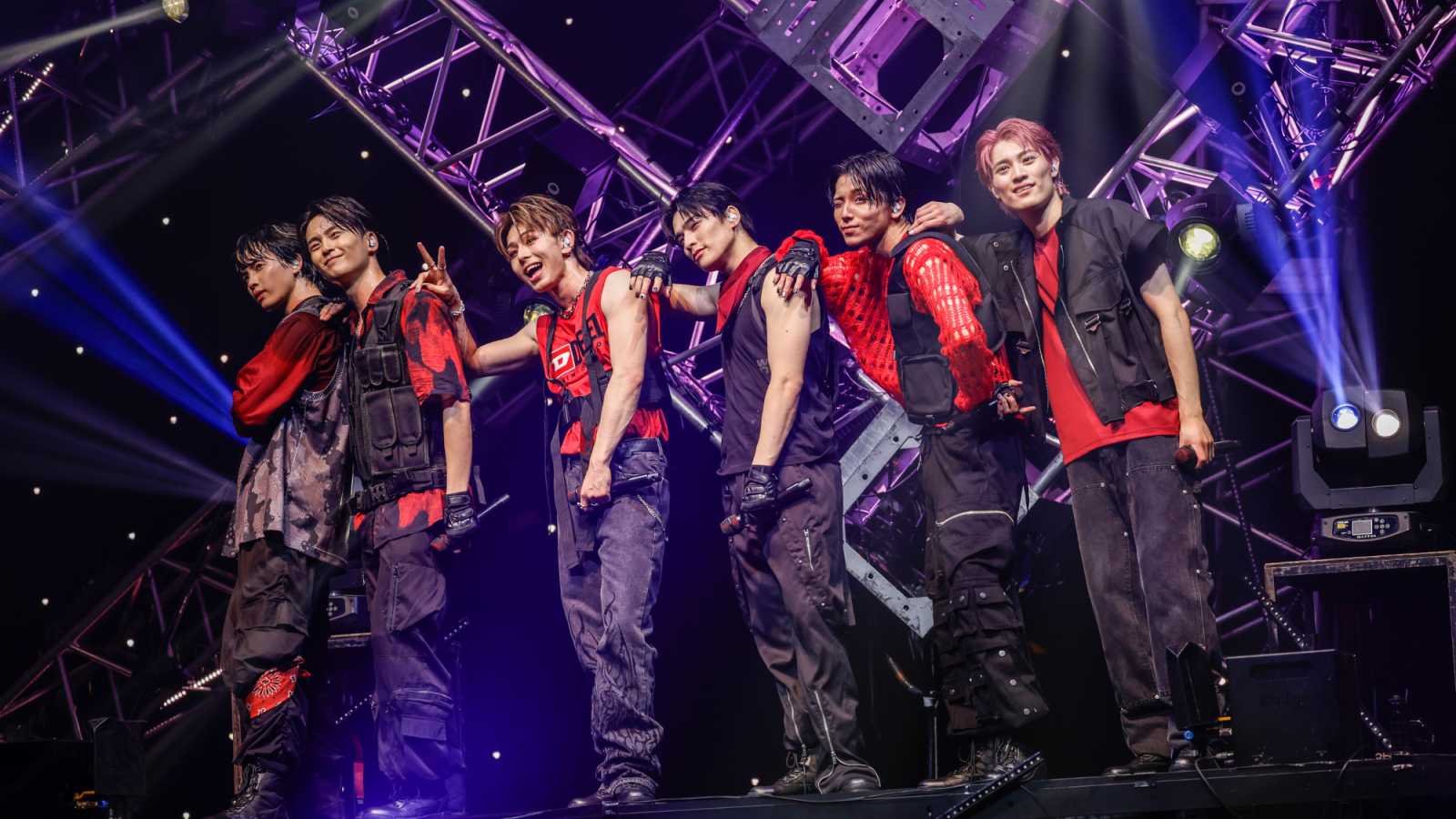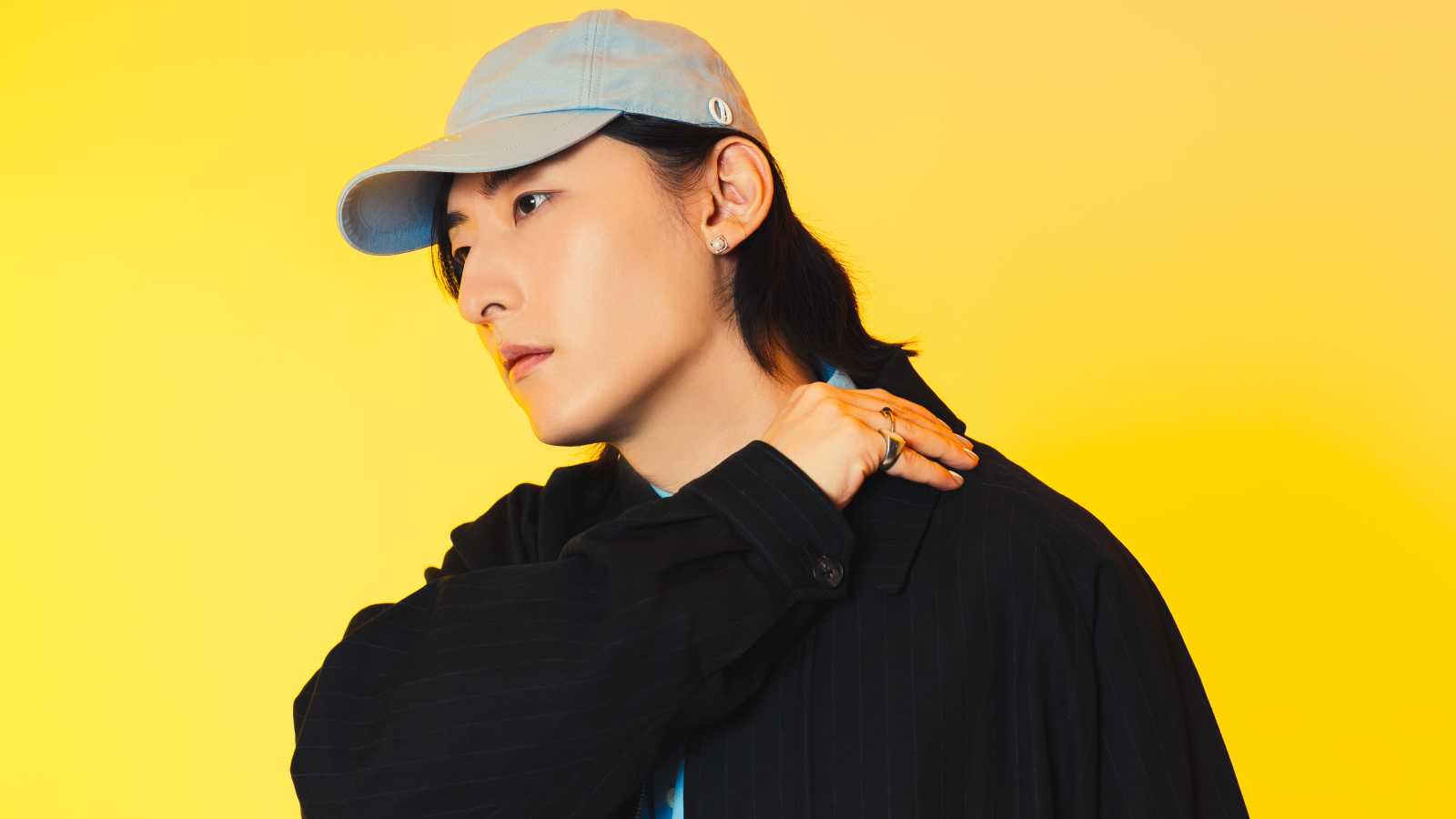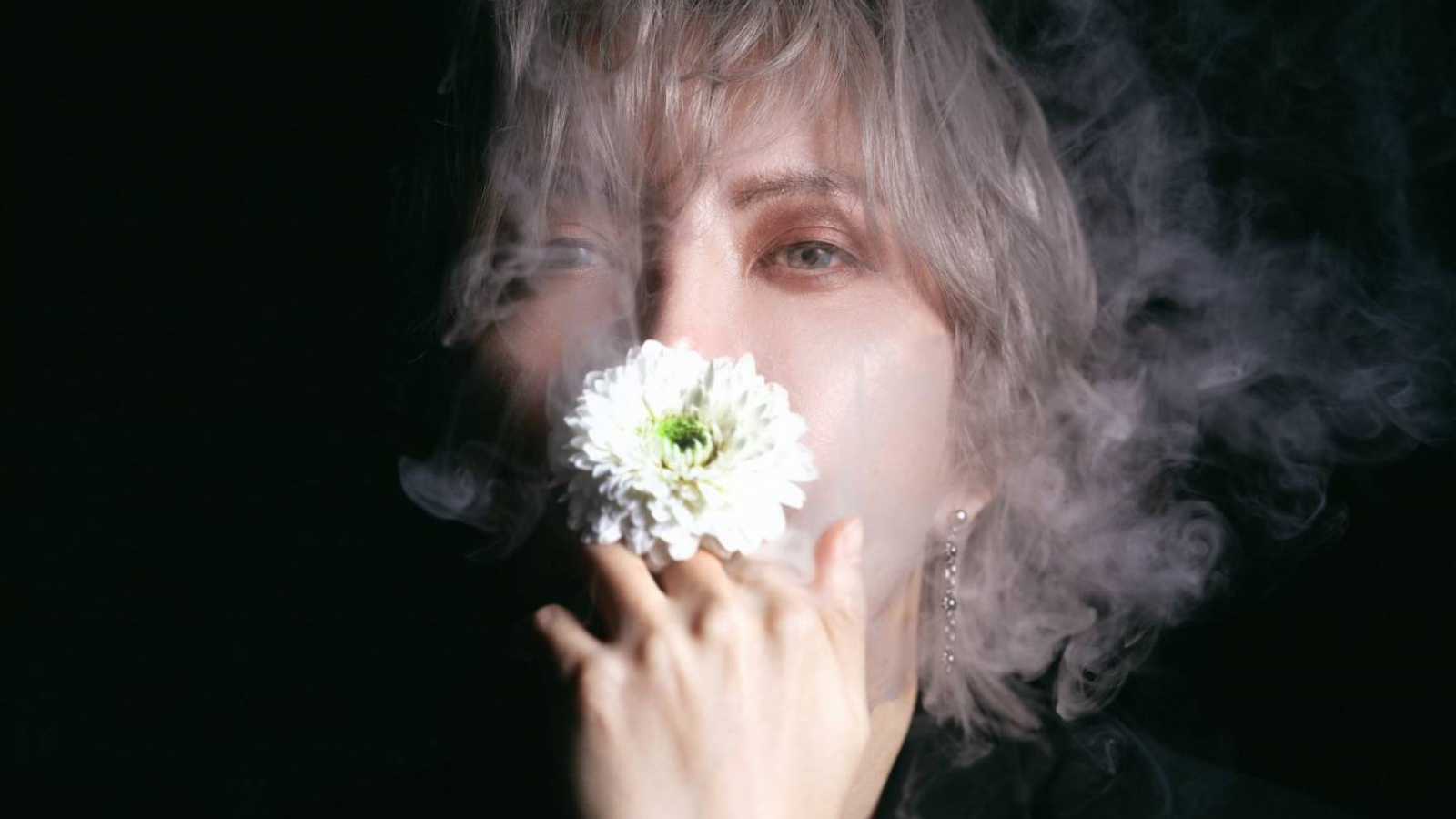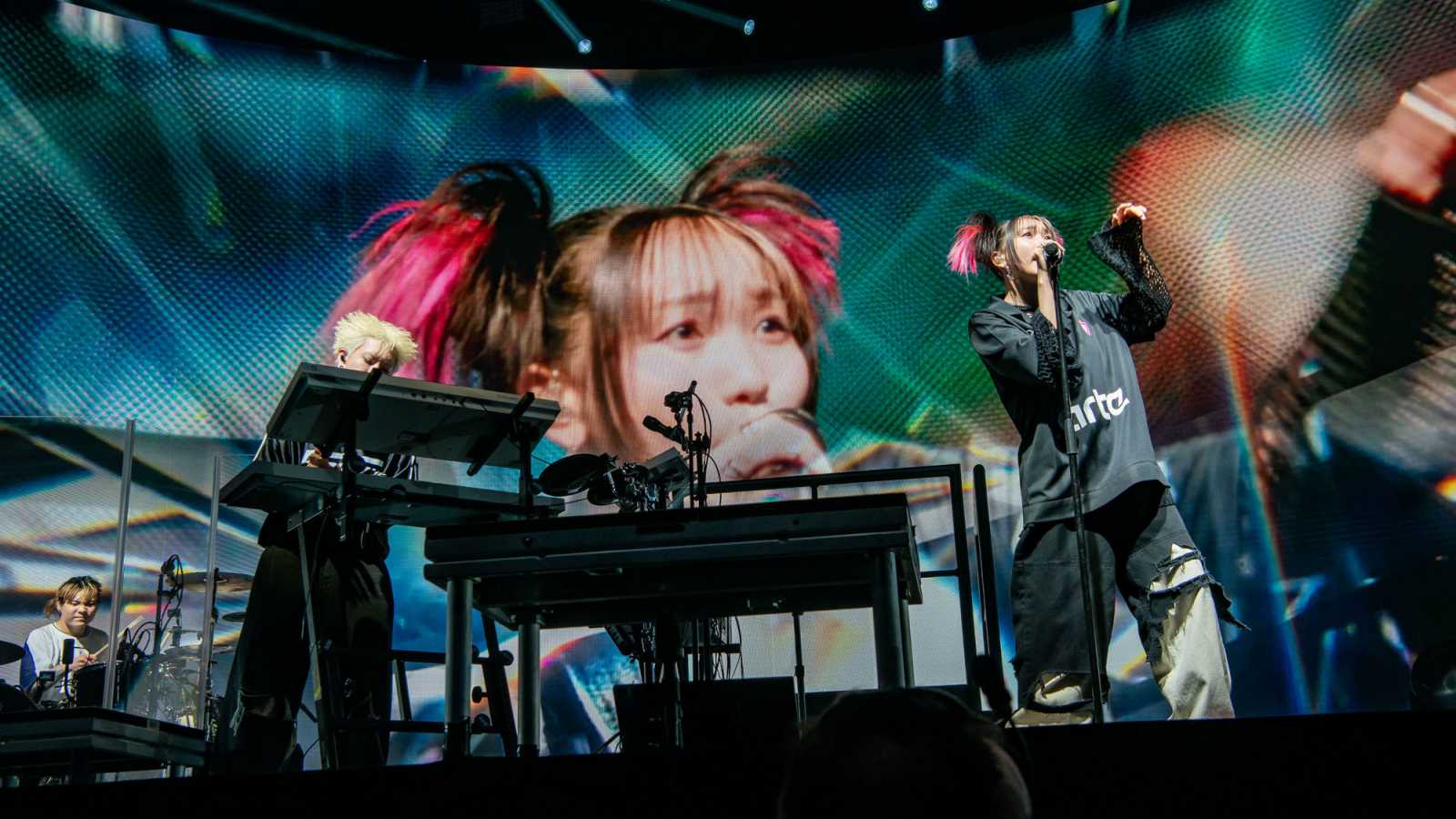An interview with MONO before their performance at the Plink Plonk festival in Estonia.
JaME had a chance to interview the guitarist Takaakira "Taka" Goto of the post-rock wonder MONO before their performance at the Plink Plonk festival in Tartu, Estonia.
Thanks for meeting with us. Today you're playing at a festival in Estonia. How did this come about?
Taka: We announced, maybe last year, that we were going to stop touring in 2008 and that we were getting bored. Then someone contacted us and invited us. He said, "You wanna play here?" and we said yes, because we've never been here. Also, you know Arvo Part? He's an old composer. I'm a big fan of his and he was born here. Well not here, but in Tallin, so that's why I was very interested.
So how do you like it?
Taka: It's totally different from Tokyo. We went to Singapore a week ago, but I felt like it was almost the same as Tokyo; too big and too clean. But here it's like a small village, I feel so good! (laughs)
Both during the last tour and since then you've visited many new countries. How has this been?
Taka: Actually, we wanted to play in some Asian countries because we couldn't for a long time, even though we were touring a lot. Also, even though they are very close to Japan, we couldn't go to some places like Indonesia, Malaysia or Singapore. We didn't expect it, but now people are really waiting to see us. It's like instrumental rock. I also didn't expect that every interviewer would say to me things like, "You know post-rock? It's now very popular here." I didn't know that, but in every country a lot of people came. It was so exciting; it was fun basically.
When you go touring, what does your audience mean to you? What do they give you?
Taka: They simply give us energy. They make us feel really confident. Lately we've been worried because we've been starting to write new songs and we want to improve with the next album. We are just waiting for the next album and the next tour, but we want to change something. When we are practising and thinking a lot in the studio in Japan, it makes me feel like I'm losing confidence and I start to worry a lot. But then, when we're touring a lot we can meet our friends and our fans directly every day, and that makes us feel like, "Oh, we can do it!" People always give me energy.
And what do you want to give to the people?
Taka: Basically, we haven't changed a lot. We always want to give enjoyment to people. Some people are always crying and closing their eyes, but then some people are screaming... We want to express ourselves like we're a movie. When nobody is talking, when everybody is really really into our music and the show and they are very respectful... I feel that we can connect with the crowd. Because we are simply human and you are human too. We are not an entertainment lot. (laughs)
So what do you feel when you perform?
Taka: Performance is just something we cannot control. In real life, you know, we can't cry a lot. Even sometimes when I want to cry I can't cry. Sometimes I have something to complain about, but because I'm not a child, I can't say it. But through music we can describe anything.
You tour a lot. Don't you ever feel like you want to stop and just relax?
Taka: No, no! Actually we were going to try and relax this year... but we couldn't do it! (laughs)
Exactly! You said you wouldn't be touring to concentrate on recordings, but now I see that you're going to more and more festivals!
Taka: (laughs) Yeah, unfortunately, or fortunately, we always get a lot of offers. But if people really want it, we have to go. Especially if we're visiting the country for the first time, like now.
So your new album should be released soon. What are the main themes and ideas behind it?
Taka: My first idea was that I wanted to make a more positive album. More hopeful and not dark, with more brightness and light. But I don't know, maybe people will still think it's dark. (laughs) I think in 2009 people will want more hopeful things, I feel that the atmosphere in the world is very worrying. Everyone is feeling dark and people will want hope. That's why I wanted to make it like that.
What were the inspirations for the album?
Taka: The first theme in our music is always very dark. Our songs are always like a tunnel, like people walking in a long, long dark tunnel and finally people find a really small light and say: "Oh! We can finally reach it!" But our next album, I want to describe more brightness. Sorry I can't explain that. (laughs)
Yeah, it's difficult. This makes the new album quite different from the previous releases. Are there any other things that are different?
Taka: It's going to be more symphonic. We already recorded four songs with Steve Albini in Chicago playing with a huge orchestra. It sounds like a total symphony, like it's in a church, but more powerful. It is more like classical music, but so noisy! (laughs)
Actually, we don't know much about your album except that it should be released soon. Can you give us any more information?
Taka: Well, it's going to be released maybe next March in Europe then in April in Japan, the USA and Canada, maybe. And we're going to prepare a long story. We always write a story which matches the music, but we don't show it; we never put it into the CD. We just kind of put hints, like the illustrations. Next time though I think we'll put a real story in, like a book. I think people will be able to understand it more.
That's nice. Your jacket design is always quite interesting, how do you come up with it? Who designs it?
Taka: The designer is the same as for Explosions In the Sky. He is a good friend of ours. I always send the story and the music to him and I write some of my ideas to describe it. "I want you to draw, like, a guy lying down in the snow" or something like that.
This question is asked in every one of your interviews, but how do you create your music? I mean, what does each member contribute?
Taka: Well at first I make a demo and then I send it to all of the other members. I write and try to describe it like a movie scene. Then when we start the sessions, they already have their ideas about the story... and that's it! (laughs) They are like a family, so it's easy for them to understand my imagination.
On your last tour you went to Russia...
Taka: Finally!
How was it?
Taka: It was really good, I think. But the Russian interviewers are... not that good. (laughs) It was very funny though, we had just arrived at around midnight, went straight to the hotel, woke up and went directly to the venue. They started interviewing me a lot: "How is your impression of Russia?" I said "You know, I just arrived last night and then just woke up and came here, I didn't get any impression. It's just cold." "Why? You have to tell us your impression of Russia!" they said. "I'm sorry, I just arrived." "It's ok, the interview is cancelled," they just suddenly got angry at me! (laughs)
That is horrible!
Taka: Yeah, it was a TV thing. Even though it's a TV interview they cancelled it! I'm sorry (laughs). No, but the audience was really good, really extreme. I think Russian people are very emotional.
You've released gone in Russia, and you were going to release You Are There. When is it going to come out?
Taka: Yeah, we're still waiting! I've got no idea. The label is pretty big, but we're still waiting. It was actually supposed to be released last year, but it wasn't.
Do you have any more plans to release CDs in Russia?
Taka: Maybe. I think we will continue with releases there for the next album, but we are not sure... because of You Are There! (laughs)
Well lets hope it works! You've mentioned that your music is quite cinematic and your song A thousand paper cranes is featured in the soundtrack for a movie. How do you feel about it?
Taka: It's good I think. We started writing this song after 9/11, in around 2002 or 2003, and back then we actually didn't have any confidence in the Japanese. I totally wanted to hide, like: "I'm not Japanese!" (hides his face with his hands) We wanted to play in Europe and America, but we couldn't play overseas because we were Japanese. It's pretty weird though, because European and American bands came to Japan a lot, but European and American labels didn't want these Japanese bands. I wanted it though! It was my dream to perform all over the world and have people listen to my CDs. Anyway, we started touring in the USA and in Europe and played to audiences of about between ten and fifty people. Then it suddenly started increasing as lots of fans started coming. Finally we realized that we could do it: we could connect with the crowd, without borders, without cultures, without history, without language.
Then suddenly I started wanting to explain about Japanese things. I wondered which way was the the best to describe, to communicate and to explain. I used to live near Hiroshima, really very close to the atomic bomb museum and only five minutes walking distance, and I always used to go to the atomic bomb site. I decided to start telling the story of the atomic bomb, because that was the first time I had confidence in myself. "We are Japanese, we want to explain Japanese things." Then we started it the song, describing the thousand paper cranes story, the World War Two story, the Hiroshima story... Of course there were always interviewers who asked "Is this propaganda?" or something and those interviews were not easy. It was very hard. But I just wanted to explain it like a friendship: it's like just you and me; friendship will be able to protect the world. Even Russia and Japan, even if we have to fight each other, I don't want to fight with you, because we've known each other. It's like that, it's very simple. We put the instructions of how to make paper cranes into the CD and after the release, when we were touring in Europe and America, everybody was making paper cranes and started bringing them to us. I think it's good for them to protect the world. I'm thinking a lot about friendship.
The song was used in this movie "Snow Angels," how did this happen?
Taka: We just received an e-mail... Actually, I haven't seen the movie (laughs).
So you're not very excited in making music for movies?
Taka: No, no I'm really excited! But somehow... they just didn't send me the movie. I want to watch it, but I'm still waiting.
Lots of fans are wondering about in a song of yours, Black Rain, what the woman is saying...
Taka: The lyrics? The singer is also a singer of Uzeda, an Italian band, and we're friends. When they played in Japan, they stayed at my house for two weeks. We were hanging out and talking about music, life, love and everything. I was writing a demo of Black Rain at the time and suddenly I had this idea: "Can you do the lyrics and do a recording with me?" I asked her and she said yes. I was trying to explain about the Hiroshima story, but nothing in particular. I think it was just her imagination... I also don't think we should explain everything. A little bit of mystery makes people more interested in the work.
I've heard about your solo-project, Left. What exactly is it?
Taka: (laughs) It's totally silly. Because I made the album in just one day, it's like experience, human experience. I didn't eat, I didn't sleep, I just smoked; for around 24 hours I just improvised. I also didn't release it officially, I just did e-mail order for the Japanese. But some European and American guys bought it on eBay or something...(laughs) Don't listen to it, it's totally silly. It's just my human experience.
So you're not going to do anything with that solo project any more, are you?
Taka: No, no. But it's like my habit. I'm always writing songs.
In our last interview, you added a couple of words about music and commercialism and it seems like you had a pretty strong opinion about it. Can you expand on it?
Taka: Of course business is business and music is music but everyone needs money. I don't want to make music for money, but I need money. The balance is pretty weird. If someone took my dream, some big major label, if they wanted to control me like: "You have to write a short song to make it a hit" or something, I would say "No!" But if we didn't have money, we would have to find a job and we wouldn't be able to concentrate on making music. The balance is like that.
Well you've got big crowds coming to your shows and you're working with pretty famous people, such as Steve Albini: is it not difficult to stay down to earth and concentrate on music?
Taka: I think everybody who makes music, really wants success. Every band and every artist really want people to listen to their music. I don't care, I just write our songs. Fortunately lots of people really like our band and that's why we can continue to release albums and continue touring. We can't control it, everything comes naturally. That's why when people ask: "What is your dream?" I say, "My dream is now." It's always like I'm in a dream. I'm not scared. I'm totally not worried about musical things. Music is always in my mind and I want to express my mind, because I imagine a lot and otherwise I would pff! (pretends that his head is exploding). But I'm not worried about our future.
What do you think about Japanese bands in general?
Taka: Recently, lots of instrumental bands have appeared and some famous rock magazines have picked up artists and it's like: "Instrumental rock scene has appeared!" Hey, we've been playing for ten years, it's like...now? Now it has appeared? And lots of MONO copy bands have appeared. It's not bad though, I think. Ten years ago when we started a band we couldn't even play at small, two-hundred capacity venues because we didn't have a singer. Japanese culture is always like that, it's very slow. If American culture is here (puts his hand up), Japanese culture is here (puts the other hand way below). That's why we had to start playing in America and now everybody knows about MONO. Because we play in the USA and Europe and (other Japanese bands) can't. It's a very Japanese thing. Now ten years later, people are suddenly going, "Do you know MONO? Do you know MONO?". But we didn't change anything, we just play music. I don't care about the changing numbers for example now when we play a show in Japan 1500 people come but maybe two years later even if only 200 people, I won't care. Because we didn't control anything.
So when are you going to have your next tour?
Taka: After the release, we are going to start a tour in the UK in the middle of March, then Europe in April and May and so on. We are going to start a tour again from the spring and we are going to continue for half a year.
As usual. As you mentioned, next year it's your 10th anniversary. Are you going to do something special?
Taka: Yeah. Maybe I can say now. We're going to play a special show with an orchestra in New York in a big church, just one show. In May. Only New York.
Can you add a couple of words to your fans?
Taka: We can't wait to meet you guys. I love things like this, we are getting close. Recently, I'm starting to remember the people who have always been standing in front of us. I'm even starting to remember their names. We're looking forward to meeting you.
Thank you for sitting down with us!
Taka: Thank you very much!
Thanks to MONO, Reiko Kudo and Joris of Conspiracy Records.
Thanks to Darina Chesnokova for technical assistance.




